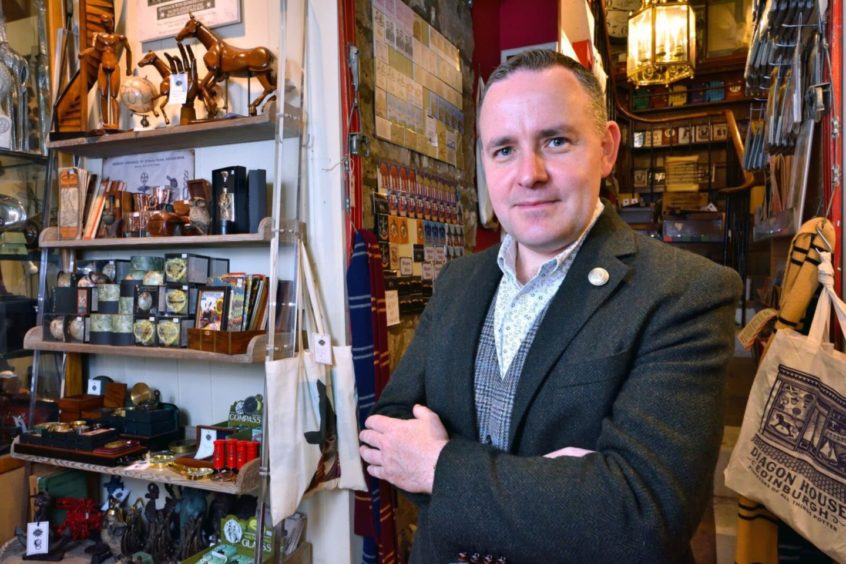Late payments could see more Scottish business owners close their doors for good, according to new research.
The warning has come from the Federation of Small Businesses as one-third of Scottish owners say late payment increased in the last three months of 2021.
In the FSB’s most recent quarterly Scottish Small Business Confidence Index (SBI), up to one in 10 Scottish firms (12%) said late payments were threatening the viability of their business.
Meanwhile, new research from Barclays has found 72% of small or medium-sized enterprises (SMEs) throughout Scotland are currently waiting on late payments from customers.
This is significantly higher than the UK average of 58%.
For medium-sized enterprises with 50 to 249 staff, the number waiting on late payments rises to more than nine in 10 (94%).
Barclays’ head of business banking Hannah Bernard said: “Late payments is the single biggest cause of business failure.
“We want to unite the small business community in tackling this issue and raise the social conscience of larger businesses who don’t pay on time.
Late payments is the single biggest cause of business failure.”
Hannah Bernard, head of business banking, Barclays.
“Having a constant cycle of late payments will hamper the future growth of the economy, and fuel a never-ending cycle of uncertainty for hard-working entrepreneurs.
“Business owners across Scotland and the UK have a lot of challenges to juggle right now, and the stress of chasing late payments shouldn’t be one of them.”
Host of rising costs
FSB said its figures showed the vast majority of Scottish small businesses (82.5%) were battling rising input costs, including fuel and utilities.
In the final quarter of 2021, FSB’s confidence index for Scotland dropped to -22 from +1.2 points in the previous three months – indicating more small firms expect their performance to worsen over the coming three months than expect an improvement.
FSB Scotland policy chairman Andrew McRae said: “Scottish firms are being squeezed by rising overheads, ongoing public health restrictions and servicing mounting debts.
“To top it off firms have to contend with the UK’s chronic late payment culture, which has deteriorated over the course of the pandemic.
“Thousands of Scottish businesses needlessly go under every year because of late payment.
“That’s why every UK big business should have a non-executive director on its board with direct responsibility for payment culture.
Thousands of Scottish businesses needlessly go under every year because of late payment.”
Andrew McRae, FSB Scotland policy chairman.
“That’s also why FSB backs moves to beef up the powers of the small business commissioner to take on the worst offenders.”
Late payments affect mental health
Customers and clients paying invoices late is no new challenge for businesses.
But Barclays’ findings show two in five (40%) SMEs are more likely to experience late payments as a result of the pandemic.
For some business owners, the stress of waiting on late payments does not just impact their finances.
Nearly two-fifths (39%) of SME owners say their mental wellbeing has suffered as a result of late payments, with more than one-third (34%) having had sleepless nights.
Small business commissioner Liz Barclay said: “The consequences for wellbeing and mental health can be catastrophic.
“But late payments are just part of the problem. Repeated delays and excuses, and extended payment terms of 90/120 and even 360 days are common.
“Uncertainty kills small and micro businesses, as well as freelancers and sole traders.
“As well as customers and would-be employees, we need to see potential investors refusing to invest in firms that don’t treat small suppliers well.”
The latest Scottish Government statistics show there are an estimated 338,000 small businesses in Scotland – a figure which fell by nearly 20,000 in the first year of the pandemic alone.

